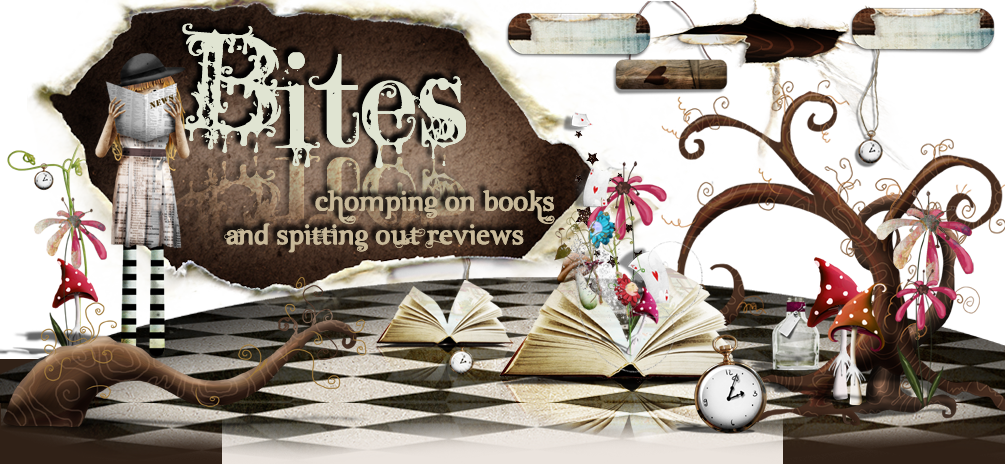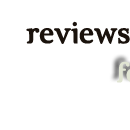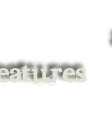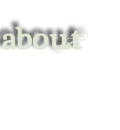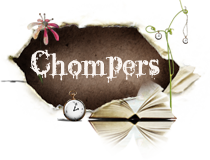“Adam was but human – this explains it all. He did not want
the apple for the apple’s sake, he wanted it only because it was
forbidden. The mistake was in not forbidding the serpent; then
he would have eaten the serpent.”– Mark Twain
By banning books, people are speaking my language. They are telling me exactly what I want to hear: that books have power, that they still matter. And that’s something I don’t hear very often.
When I tell people I would love to quit my job and just write all the time, they look at me and say what you‘ve probably heard time and again, “You want to write books? Yeah, but who reads any more? Books are just about extinct. Publishing. Heh. Now there’s a dying art.”
Well, apparently not. Enough people read to make books targets. People ban books because they are perceived as dangerous. Books are ideas. They cause change by broadening our world, our beliefs, by touching us. That doesn’t sound like a bad thing, now does it? Problem is with the word “change” -- change means deviating from the status quo and most books are banned because they upset that comfy status quo.
 The type of books that are banned generally deal with sex, the occult, the paranormal, mental illness -- basically any themes that are not squeaky clean traditional. And I think most of us object to blatant banning of books and we all pretty much ignore the parent who stands up at the board meeting and hollers about Harry Potter being against Christian values. But there are more subtle ways to ban books that we have to watch out for.
The type of books that are banned generally deal with sex, the occult, the paranormal, mental illness -- basically any themes that are not squeaky clean traditional. And I think most of us object to blatant banning of books and we all pretty much ignore the parent who stands up at the board meeting and hollers about Harry Potter being against Christian values. But there are more subtle ways to ban books that we have to watch out for. I used to teach English in a school where the oldest children were fourteen. As one of two English teachers, I worked very closely with the librarian. In fact, we team taught some lessons. And we both became familiar with a small group of parents who consistently reviewed books in that library and consistently asked us to remove books dealing with frank discussions of adolescent sexual development.
Well, no, we told them. We reminded them of the guarantee of freedom of speech. We reminded them that children had to learn to make choices regarding their reading material. Did we have to remind them that we had ordered those books as a means of comforting their children as their bodies began undergoing puberty? And who among us doesn’t need comfort during that time?
They responded by going to the school board and complaining. They weren’t noisy or obnoxious; they were politely persistent. They believed that children, their children specifically, most of them already in puberty, would be harmed by reading about the very processes their bodies were undergoing.
The result? We didn’t remove the books, but signed permission slips were required in order for the children to borrow them. You can imagine how many kids wanted to bring home that permission slip for mom to sign and how many kids wanted to take out books on that “special” shelf. Indirectly, those books were banned.
Puberty, however, continued.
You don’t need bonfires or a fascist regime to attempt to control ideas: you only need a few fear-addled folks. Books are our unflinching mirrors: they show us as we are, warts and all. Books can serve as guides to understanding those warts. The power of the written word has always been to connect us through our experiences. And that‘s the kind of power that should never instigate fear.
